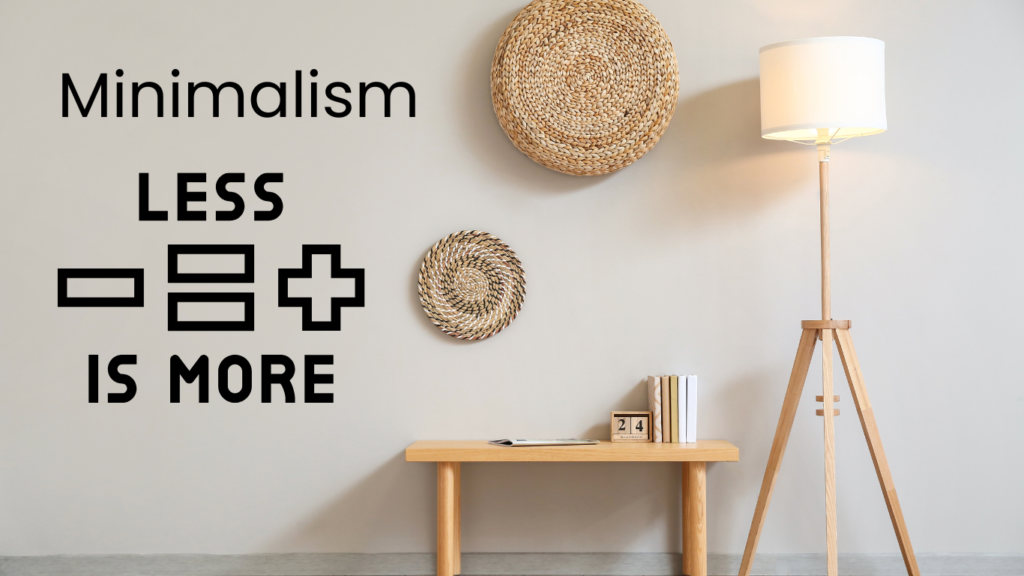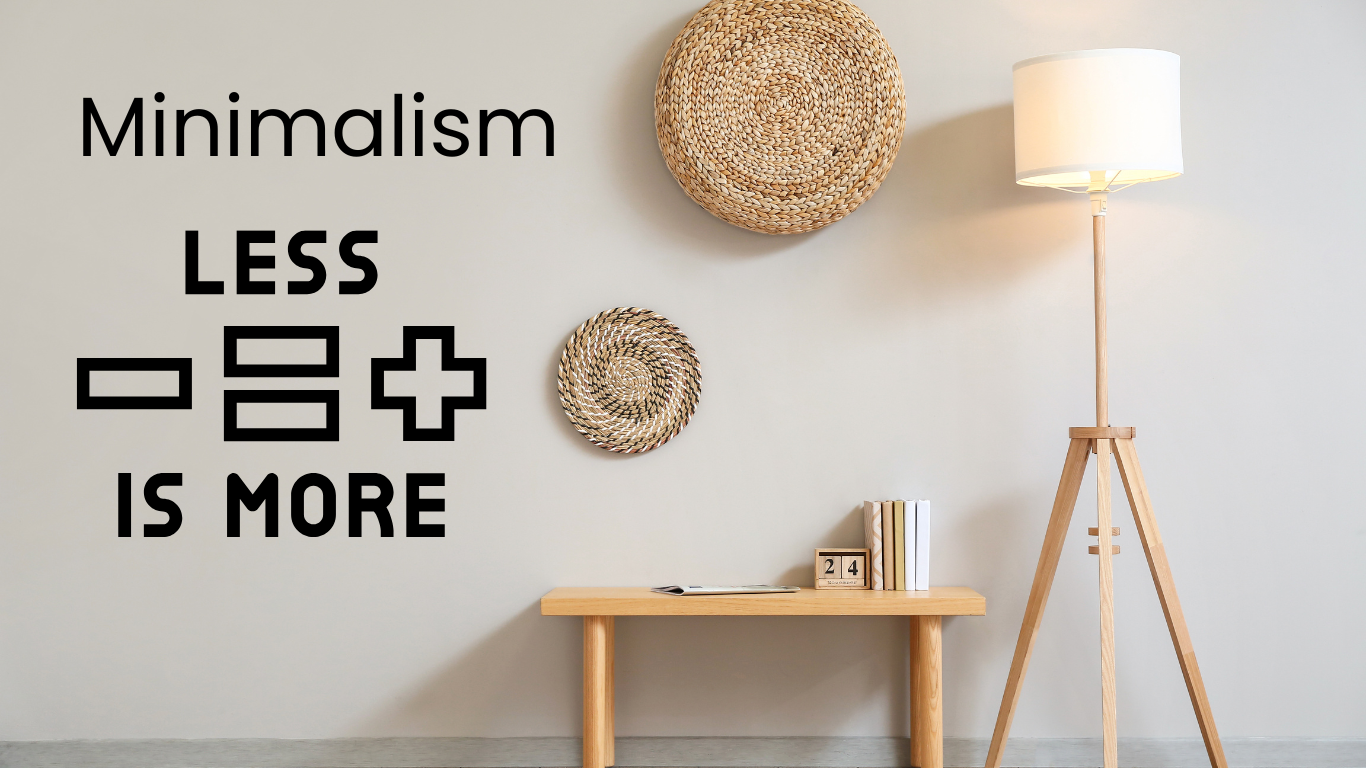In a world overflowing with consumer goods and endless choices, the minimalist lifestyle has emerged as a refreshing antidote. Minimalism is not just about decluttering your space; it’s a mindset that encourages simplicity and intentional living. By focusing on what truly matters, minimalism can help you save money and improve your overall well-being. Here’s how embracing this lifestyle can transform your financial habits and help you achieve your monetary goals.

Understanding Minimalism
At its core, minimalism advocates for living with less. It encourages individuals to declutter their lives, prioritize experiences over possessions, and find joy in simplicity. This philosophy can apply to various aspects of life, from home decor and fashion to digital spaces and relationships. The idea is to eliminate distractions and focus on what adds value to your life.
1. Reduced Spending Habits
One of the most significant benefits of minimalism is the reduction in spending. When you embrace minimalism, you start to recognize the difference between needs and wants. You become more intentional about your purchases, which leads to fewer impulse buys and more thoughtful decisions. This shift in mindset can result in substantial savings over time.
For example, instead of buying the latest fashion trends or gadgets, a minimalist might invest in a few high-quality, timeless pieces that serve multiple purposes. This not only saves money but also reduces the clutter in your home.
2. Decreased Maintenance Costs
Owning fewer possessions means you’ll spend less time and money on maintenance. Whether it’s the cost of repairs, storage, or cleaning, a simpler life translates to fewer expenses. For instance, if you have fewer items in your home, you’ll spend less on cleaning supplies and services. Additionally, if you downsize your living space, you may save on rent or mortgage payments, utility bills, and property taxes.
3. Focus on Experiences
Minimalism encourages individuals to prioritize experiences over material goods. This shift can lead to a more fulfilling life and significant savings. Instead of spending money on things, minimalists often invest in experiences that bring joy and create lasting memories. Whether it’s traveling, dining out, or participating in hobbies, spending on experiences can enhance your life without the burden of excess possessions.
Moreover, many experiences can be low-cost or even free. Exploring nature, attending community events, or engaging in local activities can provide rich experiences without draining your wallet.
4. Streamlined Decision-Making
A minimalist lifestyle simplifies decision-making, which can lead to fewer expenses. When you reduce the number of choices in your life—be it clothing, home decor, or even daily meals—you save time and mental energy. This streamlined approach can help you avoid decision fatigue and focus on what matters most.
With fewer distractions, you’ll find it easier to make sound financial decisions. You may start budgeting more effectively, tracking your expenses, and prioritizing savings without feeling overwhelmed.
5. Sustainable Living
Minimalism often goes hand in hand with sustainable living. By consuming less and choosing quality over quantity, you contribute to a healthier planet while also saving money. Sustainable products may have a higher upfront cost but tend to last longer, which can lead to savings in the long run.
Additionally, minimalists are more likely to engage in practices like DIY projects, upcycling, and buying second-hand items. These habits not only save money but also promote creativity and resourcefulness.
6. Financial Freedom and Less Stress
Ultimately, minimalism can lead to financial freedom. By cutting unnecessary expenses and focusing on savings, you can create a more secure financial future. Fewer possessions mean fewer obligations, leading to a less stressful life.
With reduced financial pressure, you can invest in your future, pay off debt, or even pursue passion projects without the weight of consumer debt hanging over you. This newfound freedom can greatly enhance your quality of life and overall happiness.
Conclusion
Adopting a minimalist lifestyle offers numerous benefits, particularly when it comes to saving money. By embracing simplicity and focusing on what truly matters, you can reduce spending, lower maintenance costs, and prioritize experiences over possessions. This intentional approach to life not only leads to financial savings but also promotes overall well-being.
If you’re looking to enhance your financial health and live a more fulfilling life, consider exploring minimalism. Start by decluttering your space, evaluating your spending habits, and focusing on what brings you joy. You might find that less truly is more.



 Bitcoin
Bitcoin  Ethereum
Ethereum  Tether
Tether  XRP
XRP  Solana
Solana  USDC
USDC  Dogecoin
Dogecoin  TRON
TRON  Cardano
Cardano